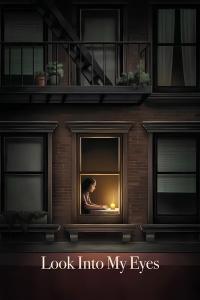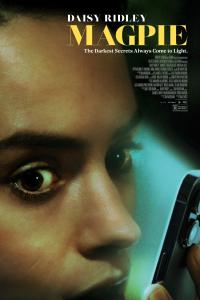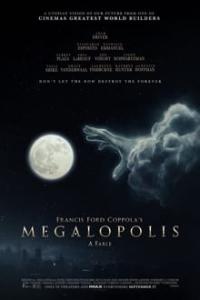Torrent details for "[dream-pop, shoegaze] (2019) Lightning Bug - October Song [FLAC] [DarkAngie]" Log in to bookmark
Controls:
Language:
 English
EnglishTotal Size:
183.44 MB
Info Hash:
272d3e92e8e24b0df0e456c2a15835d554a3504d
Added By:
Added:
29-05-2024 20:33 (edited 07-07-2024 23:50) by DarkAngie
Views:
161
Health:

Seeds:
2
Leechers:
0
Completed:
6
Review:
It was nearly five years ago when an unknown band named Lightning Bug uploaded their first recordings to SoundCloud and Bandcamp. The New York-based trio had yet to play a show by the time their debut album, Floaters, was released to an audience of friends, family, and a keen-eared blogger or two. Yet that 10-song LP belied a rare confidence and versatility. The music was a pastel tapestry woven from the threads of Stereolab, My Bloody Valentine, Camera Obscura, and plenty of early ’00s indie rock, stitched into a unique pattern. Floaters gradually accumulated new listeners and eventually found a spot on NME‘s list of the best debut albums of the year. Then, once again, Lightning Bug went away. In the middle of 2016, singer and primary songwriter Audrey Kang had to remind her fans she didn’t abandon them. “We are still here,” she wrote on Facebook, “just keeping quite still and quiet at the moment.” A modest four-song record called the torment of love arrived nine months later with no fanfare. Named after a French Caribbean pastry sold by widows, the 2017 EP was markedly intimate and somber, as if meant to share an honest glimpse of how Lightning Bug had been growing slowly in secret. More than two years later, that period of personal discovery culminates in October Song. The second Lightning Bug album focuses more than ever on Kang’s hushed voice and simple, soulful lyrics. Her longtime collaborators, multi-instrumentalist Kevin Copeland and producer Logan Miley, are no less vital, but now they serve to support Kang’s vision. “I’m carrying a song to sing but I do not know when,” she begins on “(intro),” as applause and crowd noise nearly drown her out. Her voice never rises above a murmur, but when she sighs “A secret thrill, I know I will, and spring will come again,” her stillness draws you in. That small, unassuming space—where whispers ring out like bell chimes, guitar distortion feels like a downy blanket, and emotions swell but never burst—is where October Song thrives. In the middle of the bobbing drums and tape-warbled guitar of “The Lotus Eaters,” Kang sings as if she’s the only one listening: “Will my own past forget me?” The lyrics are among the shortest on the album, but they feel like a detonation. Kang ends her stanza in defeat: “Sometimes I think nothing changes,” she sings, and the music explodes around her in a whorl of glittering synth, rich choral harmonies, ringing chimes, and crystalline guitar. October Song is bisected by a beatless, textural piece called “The Root,” which owes as much to Tim Hecker as it does Grizzly Bear and Grouper. At its rumbling center, Kang emerges with an angelic falsetto only to fade back into the ether. It’s utterly immersive, from its sound design to its melody. On “I Looked Too Long,” they tip their hat to Ennio Morricone, an unexpected turn that functions as a palate cleanser for the wistful balladry of “September Song,” which show how quietly multifaceted and adept Kang is as a songwriter. Just before the release of Floaters in 2015, Kang told the music blog yvynl about Lightning Bug’s early days. “At first, it was a very private project and working together felt like being in a secret club,” she wrote. “We had this loosely enforced rule that while we were working, there always had to be one person napping. It was pretty magical.” October Song never surrenders the sense of cozy grandeur that made Floaters so magnetic, even as it zooms in further and reveals more of the person behind it. — Pitchfork

Track List:
01 - (intro)
02 - The Lotus Eaters
03 - Vision Scraps
04 - The Luminous Plane
05 - The Roundness of Days
06 - The Root
07 - I Looked Too Long
08 - September Song
09 - October Song, Pt. II
Media Report:
Genre: dream-pop, shoegaze
Origin: New York, USA

Format: FLAC
Format/Info: Free Lossless Audio Codec
Bit rate mode: Variable
Channel(s): 2 channels
Sampling rate: 44.1 KHz
Bit depth: 16 bits
Compression mode: Lossless
Writing library: libFLAC 1.2.1 (UTC 2007-09-17)
Note: If you like the music, support the artist














































